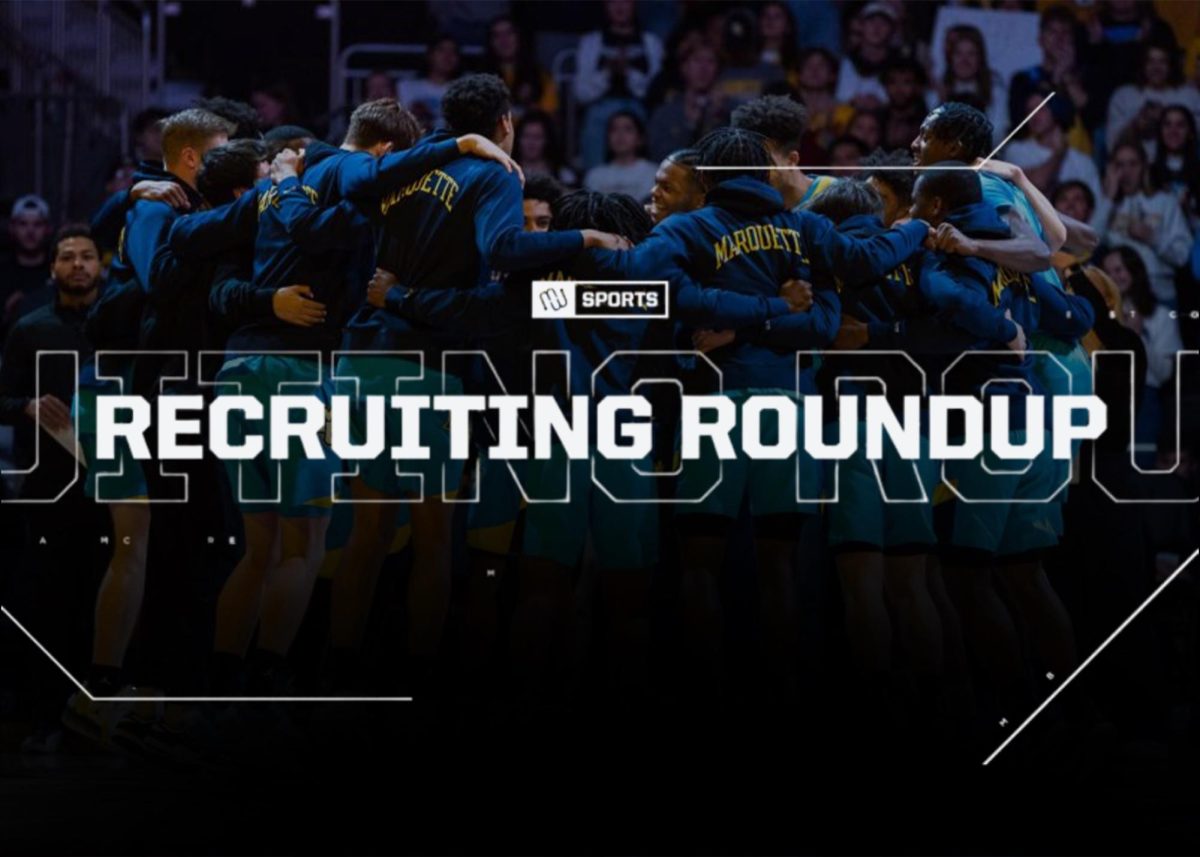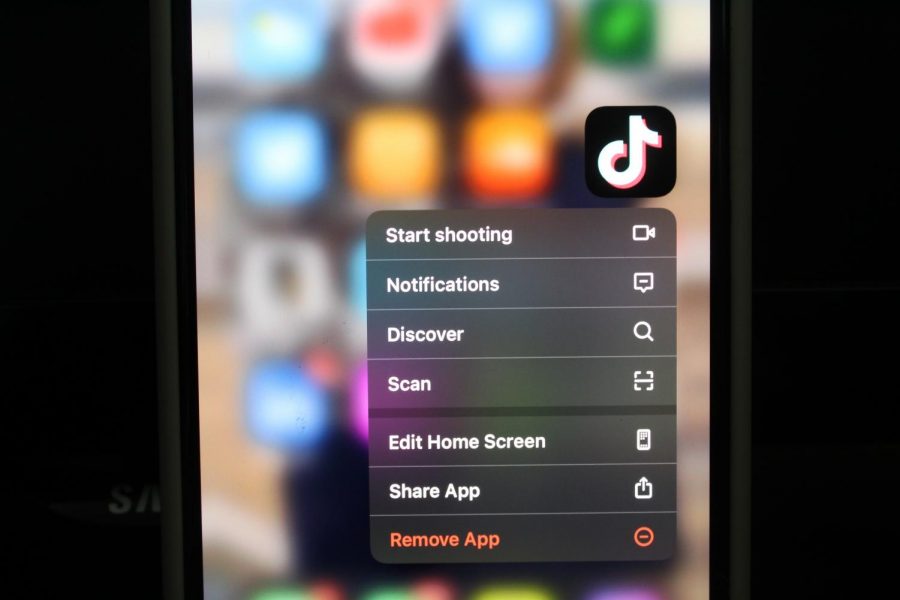 I’m not proud to admit that I’ve been hesitant to accept and become a regular member of the Twittersphere.
I’m not proud to admit that I’ve been hesitant to accept and become a regular member of the Twittersphere.
Monday morning showed me how addicting it could be, as I pored over multiple sourceless, baseless tweets spreading rumors about VCU’s Shaka Smart and Marquette basketball’s head coach vacancy. One tweet promised a major announcement from the team at 5 p.m. I was skeptical, but it nevertheless piqued my interest.
By late afternoon, I found myself hanging around outside the Al McGuire Center with local professional TV crews like CBS-58 and WISN-12.
I’ll always remember the little twinge of excitement I felt based on the mere possibility of being amongst the first to see Marquette’s new basketball coach in the flesh. What if Shaka got the team back to the Final Four? A national championship? Multiple national championships?
At last, at around 5:01 p.m., we were greeted by the men’s basketball team’s sports information director.
“No one calls me. No one emails me. So we’re going off Twitter now? (expletive) ridiculous. There’s no announcement, you can all go home,” he said.
The instant reaction was to feel a little put-off by the dismissal, but the more I reflected on it, the more I realized the truth to it. There I was, amongst respected local TV news teams who were duped and willing to stake their reputation on something that hadn’t even been touched by a single recognizable, reliable source. And in the end, it was all malarkey, and the SID was miffed as any reasonable human being in his situation would be.
I can’t say I regret taking about 45 minutes out of my day to wait outside the Al in hopes of stumbling into the biggest Marquette story since … Friday. I was, after all, on my way to the Marquette Tribune office in the basement of Johnston Hall.
No, I didn’t get to see Shaka Smart emerge from a Go Riteway shuttle, shiny new MU pin adorned to his lapel, brushing off our questions before confirming his acceptance of the Marquette position.
But, I did get a refresher on the importance of using Twitter as it should be used by journalists: as a tool.
A tool that, when employed with discretion and wisdom, could dramatically enhance one’s career, and with poor management, could destroy it before it begins.
The danger presented by Twitter to a young journalist is substantial. Had I decided to jump the gun and step up from retweeting to reporting, who knows how damaged my reputation might be today.
Twitter revolutionized the way journalists report the news for better or worse, but the same ethical standards and dilemmas remain. They, unlike traditional print journalism, aren’t slowly fading away.
As the Marquette basketball news outlet Paint Touches tweeted late Monday night, “2014 and social media have made being first a competition. Yet there’s still no substitute for being right.”
The moral of the story is a familiar one. It’s about as timeless as an Aesop fable. Stick to your trusted sources and don’t even think of clicking that “tweet” button unless you’re willing to bet your career on it. Because that’s exactly what you’ do.
It’s harsh getting cussed at by an SID. But it’s the truth, and that’s what journalism will always be about.








